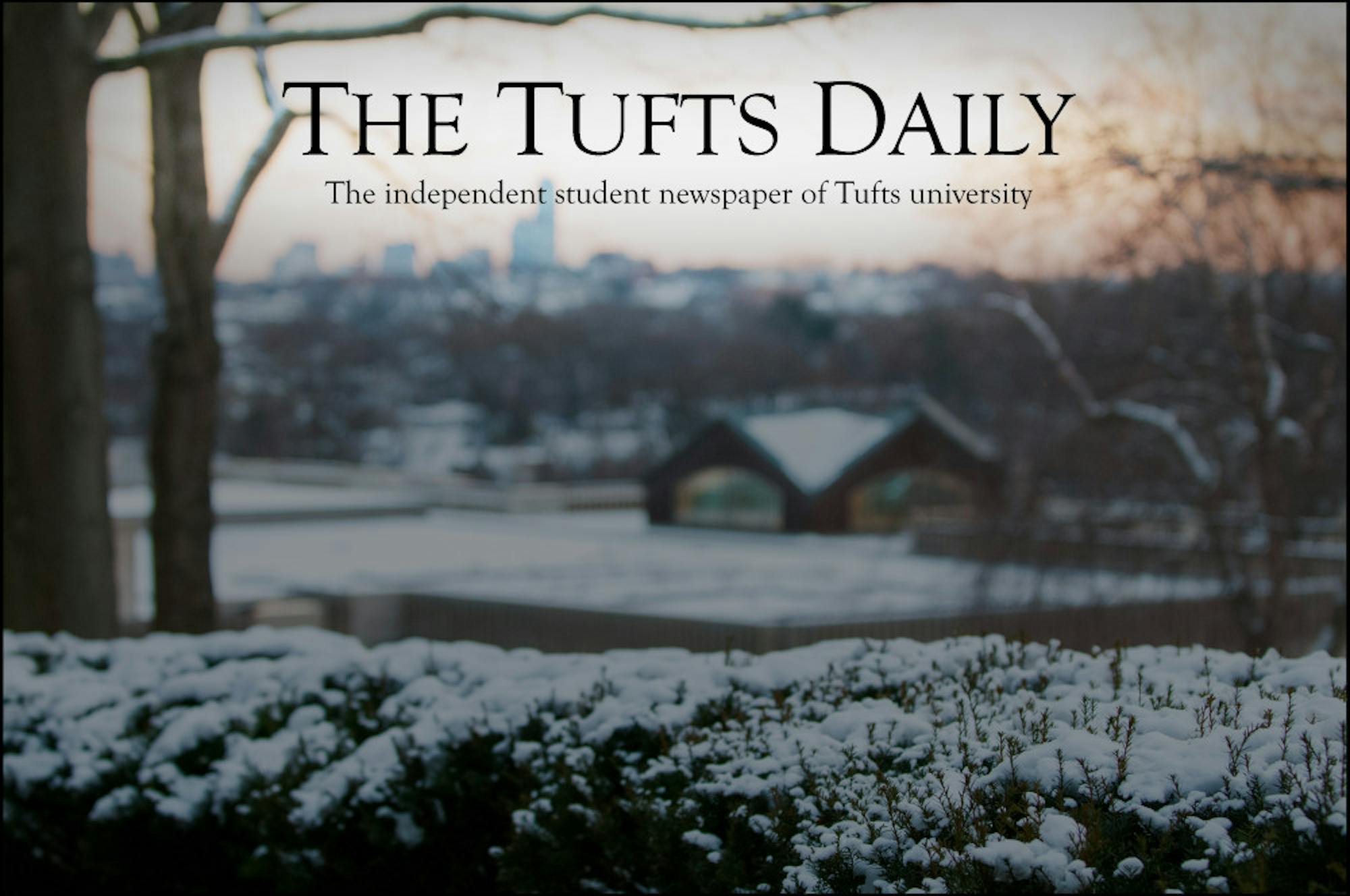WMFO, Tufts University's radio station and one of the oldest college stations in the country, is run by both students and community volunteers. Radio broadcasts run 24 hours a day, seven days a week, and in recent years, student DJs have brought new energy to this long-running radio program.
According to the Tufts Digital Archives, the radio station began broadcasting from Curtis Hall on Feb. 6, 1971 as a daily AM radio station. According to the WMFO website, the first song ever played was "Here Comes the Sun" (1969) by The Beatles.
A few years later, the radio station — in response to local interest from the Medford/Somerville community — made the switch to the FM band. In 1973, WMFO was able to expand to broadcast coverage of the local elections.
With funding from the Tufts Community Union Senate, the station began broadcasting 24 hours a day in 1974, and created the freeform format that remains in place today. Despite suffering a large fire that destroyed most of the WMFO studio in 1977, it was quickly rebuilt and the station has remained on the airwaves ever since.
Two student DJs are rejuvenating WMFO's longstanding freeform style by exploring Tufts history for their listeners every Friday from 3 to 4 p.m. on their segment "Age before Beauty." Juniors Michael Maskin and Sam Zollman decided to start their show in the fall of 2012.
"We were at the homecoming football game when we got the inspiration for the show," Maskin said. "We saw these two old alums walking around wearing Tufts paraphernalia, and it was just so funny to see them reliving their glory days."
"Age before Beauty" features Maskin and Zollman performing as two fictional members of the Class of 1953. Maskin plays DJ Horace Hildabran, a fictional Tufts alum who has a bachelor's degree in international relations, and Zollman plays DJ Jasper VonSiegfried, who has a bachelor's degree in economics.
"We don't take ownership of the characters," Zollman said. "It's as if these people are actually DJs hosting the show, and the music they play is what we believe these characters listen to."
Because the characters graduated in the 1950s, the show's music serves as a tribute to that era, featuring the hits of artists like Frank Sinatra, Ella Fitzgerald and Louis Armstrong. The show also features singing from the show's DJs.
"We start out every show singing about 'our dear alma mater,'" Maskin said.
Maskin and Zollman typically play tracks from various genres that were popular in the 50s, but also take suggestions from listeners and incorporate their own commentary as Horace and Jasper.
"It is ... a pretty even [ratio] of talking to music," Maskin said. "The banter is all adlib and improv."
In the show, the two elderly DJs reminisce on their days at Tufts, discussing — among other things — their favorite places on the campus and their relationships with other fictional characters, such as a student named Bowen with giant lips — their explanation for the kissing tradition behind Bowen Gate.
"In one segment we had a public service announcement about webcam language," Maskin said. "Horace and Jasper didn't understand how the NSA could fit into their computer, and another time one thought that their great-grandnephew actually had a band in the garage, instead of the computer program GarageBand."
While the characters and their plotlines are all made-up, the show's creators adequately researched the time period, in order to present their characters through an accurate historical context, Maskin said.
"We [also] want to make it clear that we're not [trying] to be mean or ageist in any way," Zollman said.
Maskin and Zollman were both involved in theater in high school, and became friends when they both joined Tufts Traveling Treasure Trunk. Like many DJs on WMFO, however, they were new when they began their radio show. 12






